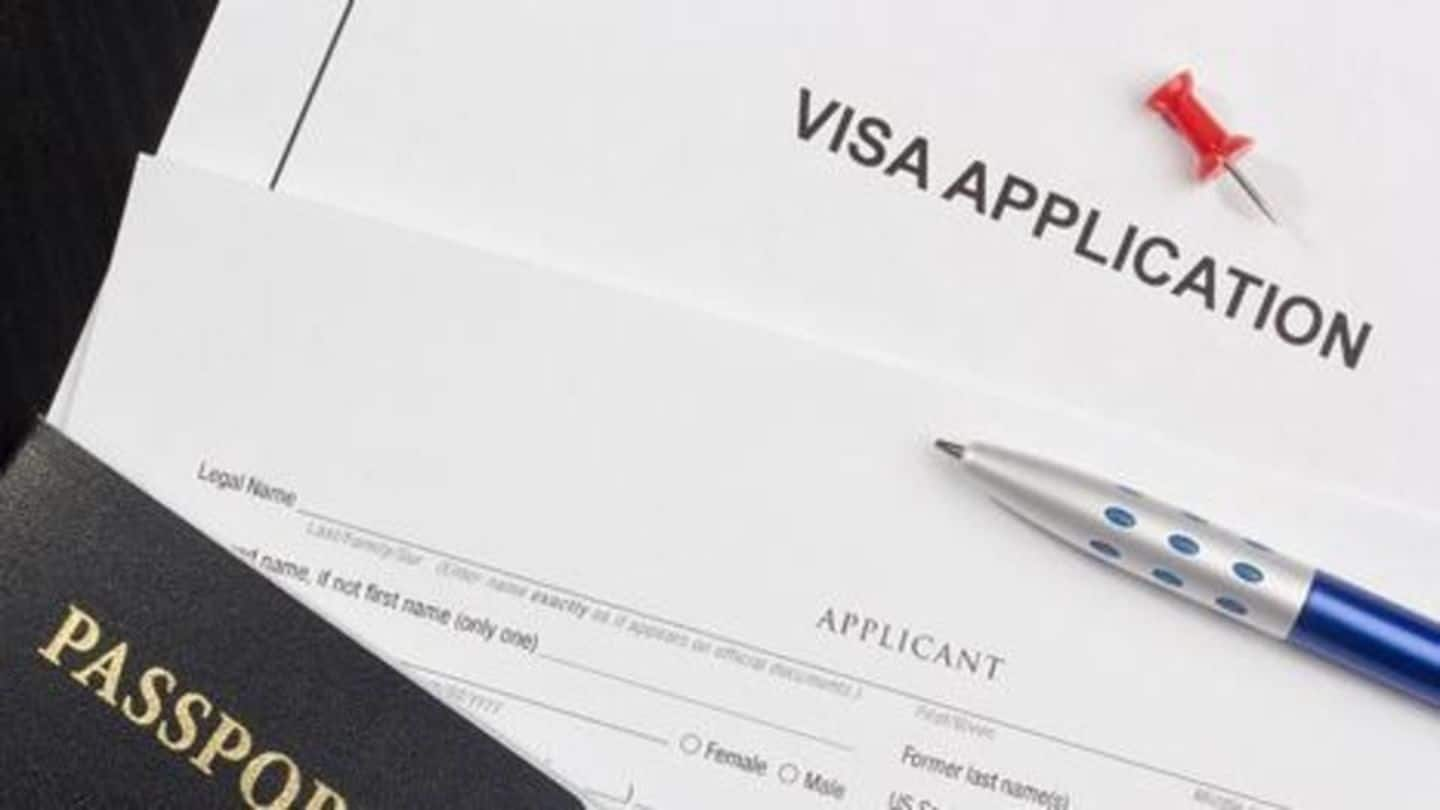
US releases data for H-1B visas: India biggest applicant
What's the story
For the first time, the US Citizenship and Immigration Services has released data on H-1B visas. The highest number of applications (74%) came from India. China came second, but with far fewer applications (11%). The trends also reveal details about which were the largest H-1B employers. Read on to find out more.
Applicants
Highest number of applications from India
The US received over 3,36,000 applications this year. Of these, 1,97,129 (58%) had been approved till June, a drop from last year's 87% approvals. But there's still time left. The most number of applications (2,47,000) were from India, down from over 3,00,000 in 2016. China (36,362) and Canada (3.551) followed. Last year, the most approvals (74%) were Indians. China was a distant second (9%).
Data
The 'normal' applicant profile
The data analyzed what constituted a general applicant: they are aged 25-34, and work in the field of computers (science and IT), architecture, engineering and surveying, education, administrative specializations or medicine and health.
Employers
The biggest H-1B sponsors and employers
The top five firms which got H-1B visas were Cognizant, Infosys, TCS, Accenture and Wipro. The top 20 firms out of 4,000 applicants received 37% of the total visas. The average compensation to an H-1B holder stands at $92,317 per annum. Ten years ago, it was $68,159; the proposed minimum wage is $1,30,000. 98% approved applicants held either a Bachelor's or a Master's.
Information
Abuses of the H-1B program
US President Donald Trump has objected to companies using the program to hire entry-level workers from outside at cheaper rates, instead of bringing in top foreign talent. A study found that the program had reduced IT wages by 5% and employment by 11% during 1994-2001.
Factors
A new administration and its anti-immigrant rhetoric likely affected processes
The US issues 65,000 H-1B visas annually for the private sector and 20,000 for those pursuing advanced degrees. This year, the Trump administration's 'Buy American, Hire American' pledge has seemed to have hit the number of visas issued. Another reason that might have affected visa approvals is the suspension of premium processing; non-premium processing could take up to eight months.